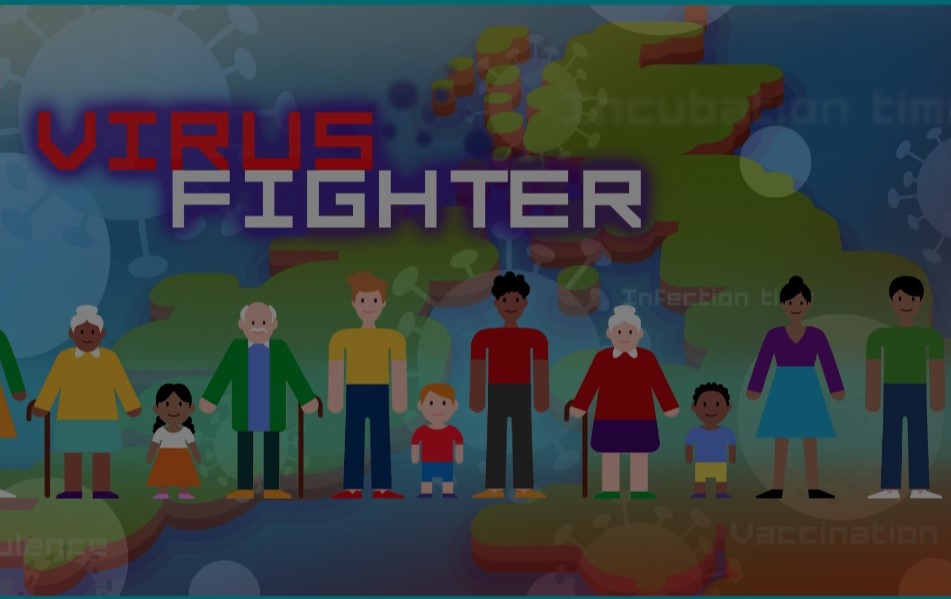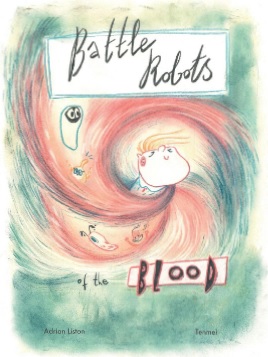Covered by the BusinessWeekly
Research identifies potential treatment for brain injury and inflammation
Funding awarded to Prof Adrian Liston will be used to advance the approach developed in mice to make it ready for clinical trials. Pioneering research by Prof Liston, a senior group leader at the Babraham Institute, will be developed towards being market-ready for the treatment of brain injury by funding provided by an ERC Proof of Concept grant, as announced today.
Key points:
- Immunology group leader, Prof Adrian Liston, is one of 76 top researchers to receive an ERC Proof of Concept grant, used to translate EU-sponsored research into the clinic.
- Research by Prof Liston's team and collaborators developed a method to use the immune system to prevent brain damage caused by disease and injury.
- EU funding through the European Research Council (ERC) recognises frontier research and provides support to explore the innovation potential of discoveries.
- This funding will also lead the way towards commercialisation and therapeutic application of the technology.
Research undertaken by Prof Liston and his group has shown that driving the expansion of a specific population of immune cells in the brain is effective at treating brain injury in mouse pre-clinical models. The research shows that this approach is effective at treating brain damage caused by disease, such as occurs in mouse models of multiple sclerosis, or injury, such as occurs following a head trauma or stroke.
Professor Liston, senior group leader in the Institute’s Immunology programme, said: “This is an exciting new approach to preventing neurodegenerative diseases. We have been able to come up with a completely new approach to preventing, and potentially reversing, brain damage. At the moment the treatment is proven to work in mice, with the aim to have it ready for transition to human at the end of the year. The immune system is highly conserved between mouse and human, allowing a high degree of success in translation to the clinical. This is illustrated by the immune-based therapeutics developed in mice now successfully being used in the clinic to fight immunological diseases and cancer. This new method may open up a new immune-based strategy to fight neurodegenerative disease”.
The approach harnesses the power of a type of immune cell called regulatory T cells – cells that control the immune response, suppressing the immune system from over-reacting. Increasing the number of these cells in the brain prevents and reverses the inflammatory damage that occurs to the brain during diseases such as mouse models of multiple sclerosis, traumatic brain injury or stroke. The proof-of-concept research demonstrated that just one treatment was sufficient to prevent brain degeneration and stimulate brain repair.

Image: Pre-clinical testing of neuroimmune treatment in mice receiving a brain injury. The mouse on the left was untreated, and developed neurodegeneration. The mouse on the right was treated, with protection from neurodegeneration. Background image uses immunohistology to visualise signs of active brain repair in treated mice. Image credit: Lidia Yshii (VIB, Belgium), Pascal Bielefeld (University of Amsterdam, Netherlands), Sebastian Munck (VIB, Belgium) and Axelle Kerstens (VIB, Belgium).
“It took a multi-disciplinary and international team, spanning both immunology and neuroscience, to come up with a new approach", Prof Liston said. The grant is based on EU-funded research that was performed at the VIB in Belgium and the Babraham Institute in Cambridge. "We have had a talented team pull out all the stops on this, with particular thanks to Dr Lidia Yshii, Dr Emanuela Pasciuto and Dr James Dooley. Key to the success has been collaboration - working with top neuroscientists across Europe, with Prof Matthew Holt from Belgium and Prof Carlos Fitzsimons from the Netherlands providing key insights and skills".
The research grant from the European Union will support the development of this approach over an 18 month period. The funding will allow for the validation of the treatment in pre-clinical trials and the recruitment of a commercial partner for entry into clinical trials in patients.
Professor Michael Wakelam, Institute Director, said: “It’s fantastic that the ERC have recognised the potential of this promising research. Neurodegenerative diseases increase in likelihood and severity with age, so this research very closely aligns with our mission to improve lifelong health. We’re hugely excited to take the next steps towards developing this approach and exploring the wider instances where this type of treatment may offer benefits.”
ERC Proof of Concept grants award €150,000 to researchers to explore the innovation potential of their scientific discoveries and bring the results of their frontier research closer to market.
 Wednesday, March 25, 2020 at 6:46PM
Wednesday, March 25, 2020 at 6:46PM 
 Coronvavirus,
Coronvavirus,  immunology
immunology 







